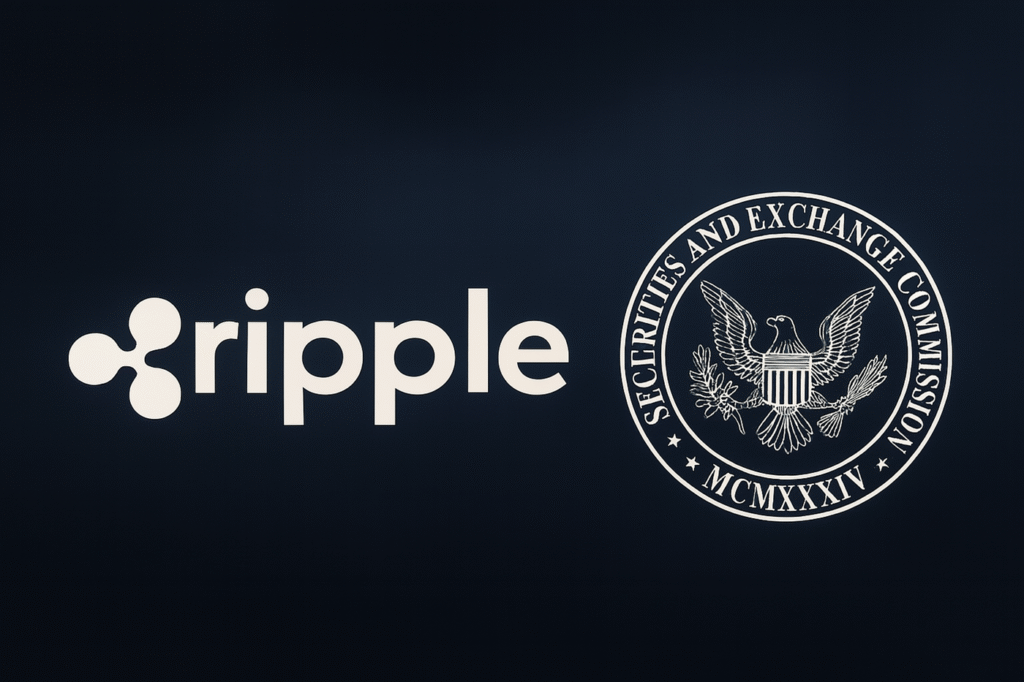In recent developments, the ongoing legal battle between Ripple Labs and the U.S. Securities and Exchange Commission (SEC) has garnered significant attention from the cryptocurrency community and legal experts alike. The recent decision by Judge Analisa Torres to dismiss a joint motion from Ripple and the SEC has added another layer of complexity to this landmark case. Attorney Fred Rispoli, a prominent figure in the XRP community, has shared his insights, speculating about the future course of this high-profile lawsuit.
XRP Lawsuit: Analyzing the Latest Twist
Cryptocurrency enthusiasts and legal analysts have been closely monitoring the Ripple vs. SEC case, given its potential implications for the broader crypto market. Rispoli, known for his candid commentary on legal developments, has provided a detailed breakdown of the recent court decision. The judge’s rejection of the motion, which aimed to resolve the case at the appellate level, has sparked debates about the underlying motives and future trajectory of this legal saga.
Judge Torres’ Decision: A Closer Look
In a comprehensive analysis, Rispoli expressed surprise at the court’s ruling. He had anticipated that Judge Torres might grant the motion, especially considering the shifting political dynamics within the SEC under new leadership. However, the judge opted not to proceed with the motion, leading Rispoli to suggest that this decision may have been influenced by institutional frustration or political motivations. He speculated that the prolonged litigation might have played a role in the court’s reluctance to advance the case prematurely.
SEC’s Defensive Stance
Rispoli also criticized the SEC’s approach, pointing out the lack of testimony that could counter previous judgments against Ripple. By not presenting any substantial evidence or acknowledgment of past errors, the SEC failed to strengthen its position. Rispoli imagined scenarios where SEC Commissioners could have provided statements to bolster the motion, but noted that such contributions were conspicuously absent. This omission, according to Rispoli, reflects a broader tendency within regulatory bodies to protect their own interests, regardless of the administration in power.
Future Outlook: Settlement on the Horizon?
Speculating on the case’s future, Rispoli remains optimistic about an impending settlement. He envisions two potential scenarios: either a continuation of the appeal process, extending the case to 2026 or 2027, or an announcement of a settlement in the near future. Rispoli leans towards the latter, anticipating a resolution by mid-2023. He also downplayed the impact of the ongoing injunction against Ripple’s institutional sales, noting that it does not affect the trading of XRP in secondary markets or the approval of XRP ETFs. According to Rispoli, Ripple seems poised to negotiate a settlement aligned with SEC guidelines on institutional sales.
Final Thoughts and Implications
Judge Torres’ decision, while a setback, may pave the way for a final resolution in this protracted case. Rispoli believes the involved parties will likely settle on a financial penalty, thus closing one of the most significant regulatory challenges in the cryptocurrency sector. The resolution of this case could set important precedents for how digital assets are regulated in the future, impacting stakeholders across the crypto industry.
FAQs
Why did Judge Torres reject the joint motion filed by Ripple and the SEC?
The rejection of the joint motion by Judge Torres could be attributed to a perceived lack of substantive evidence supporting a reconsideration of previous rulings against Ripple. Additionally, underlying political and institutional dynamics may have influenced the court’s decision.
What are the potential outcomes of the Ripple vs. SEC case?
There are two likely scenarios: the appeal could extend the case to 2026-2027, or an imminent settlement could resolve the dispute sooner. Attorney Fred Rispoli anticipates that a settlement announcement is forthcoming, possibly concluding by mid-2023.
How does the ongoing litigation impact XRP and its market dynamics?
The current injunction primarily restricts Ripple’s institutional sales but does not directly affect XRP’s availability in secondary markets or approval processes for XRP Exchange-Traded Funds (ETFs). The market continues to operate with relative independence from the specifics of this injunction.
This comprehensive guide to the Ripple vs. SEC lawsuit explores the legal complexities, potential outcomes, and implications for the cryptocurrency market. The information provided aims to empower readers with the insights needed to navigate this evolving legal landscape.

